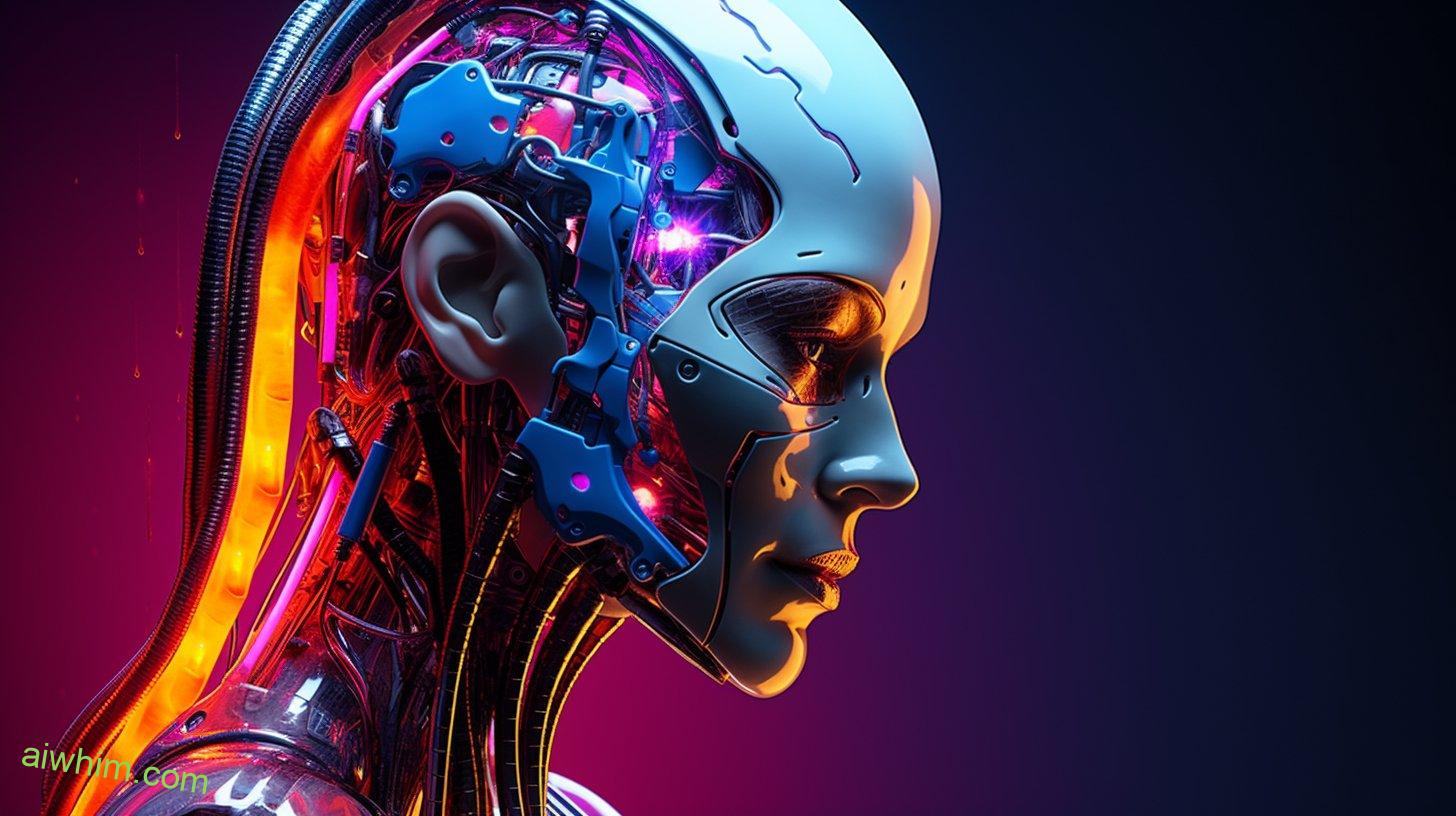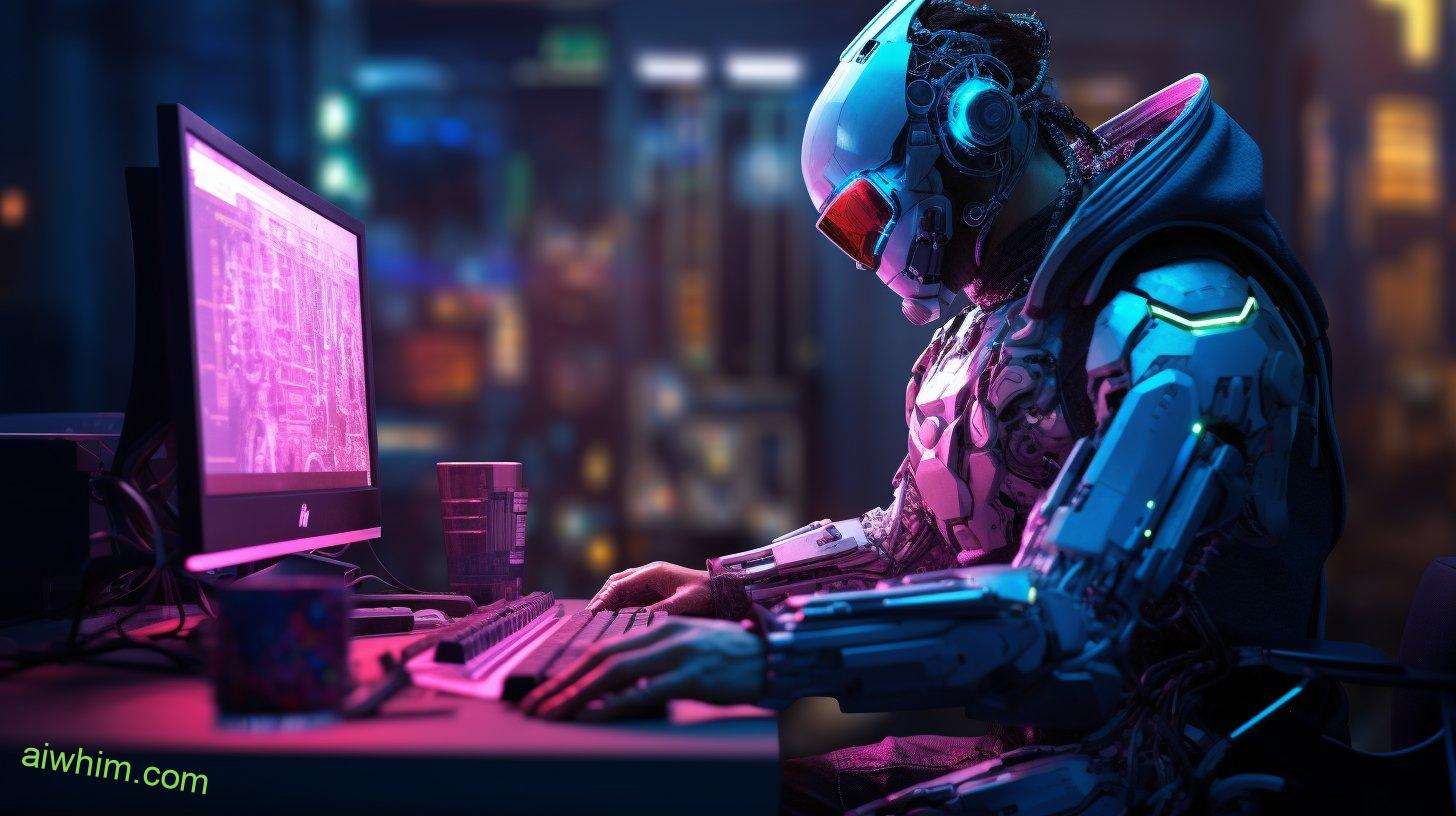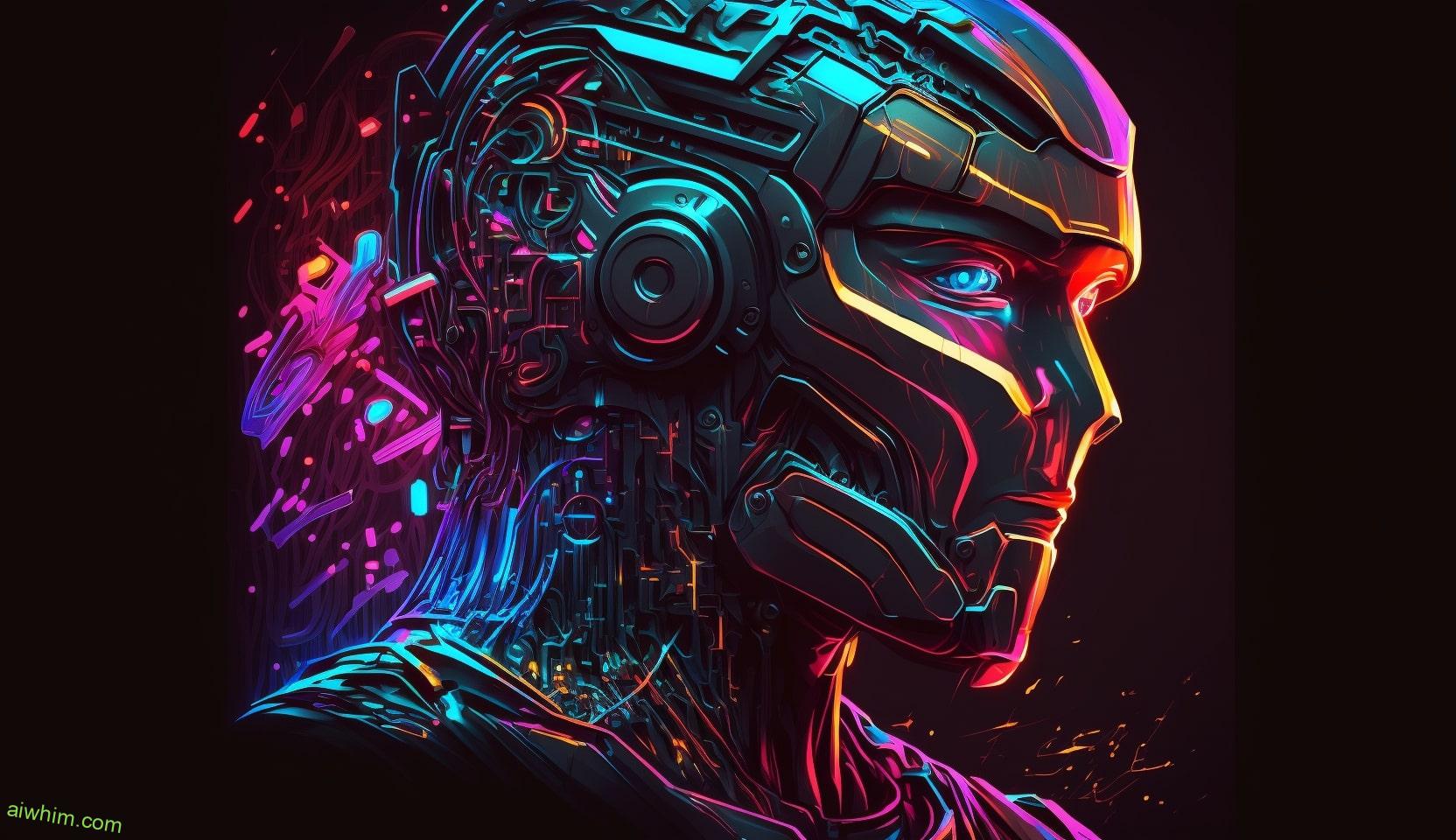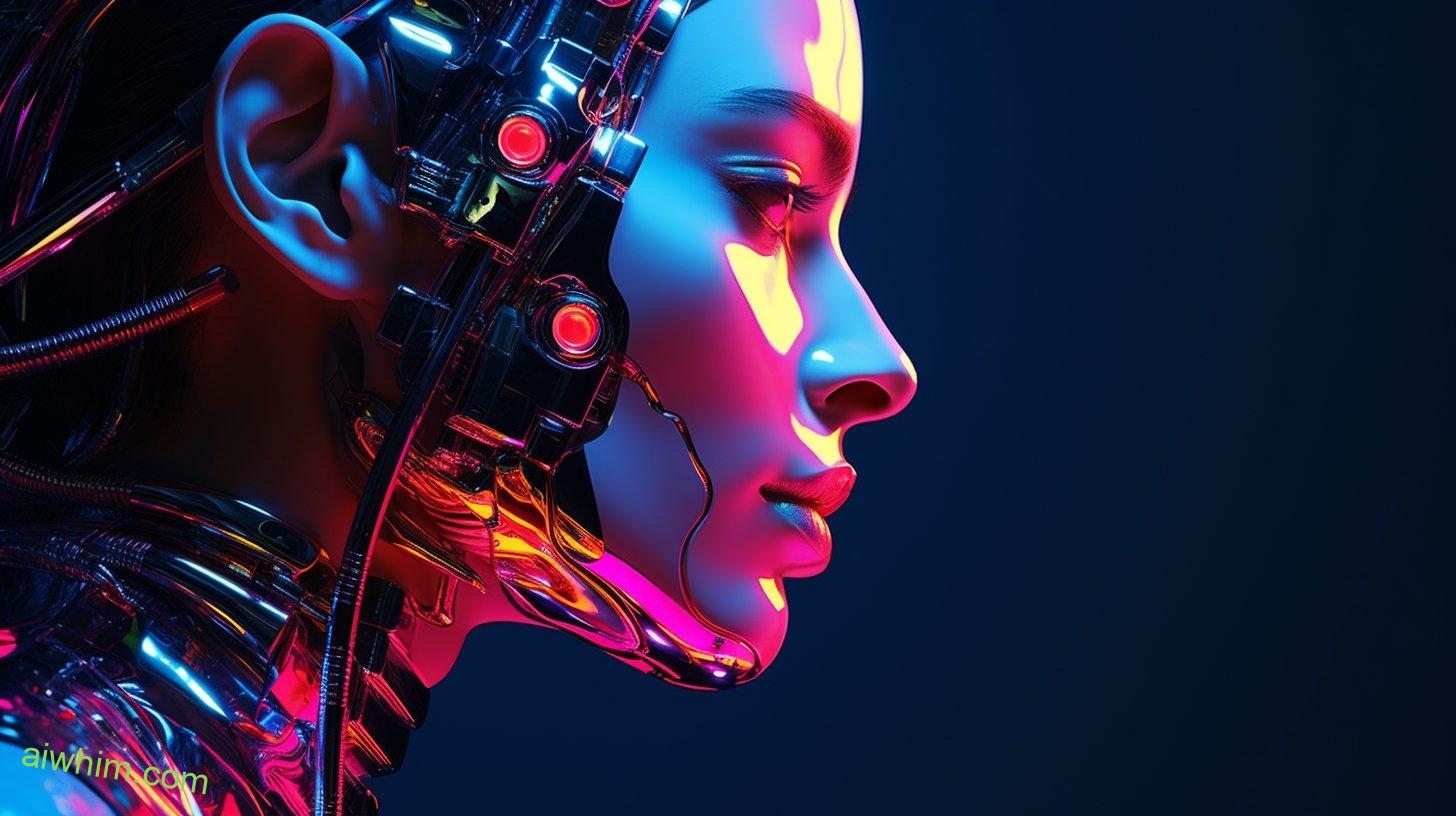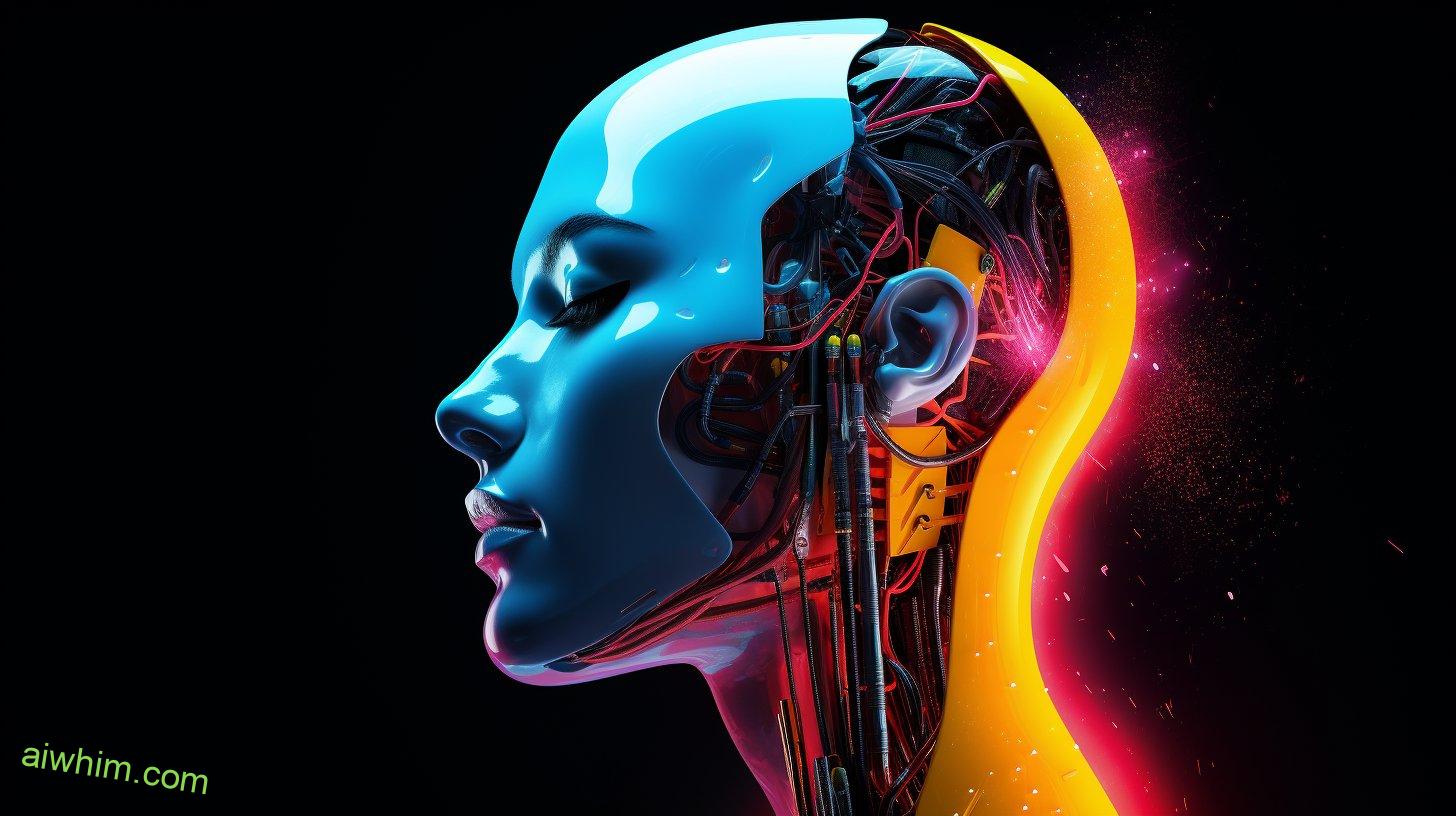Picture this: it’s a world where makeup artists have their skills surpassed by artificial intelligence (AI). Sounds like something out of a sci-fi movie, right?
Well, believe it or not, this scenario is becoming a reality in the makeup industry. With the rise of AI, there is a growing concern about how it will impact the employment of makeup artists. Will they be replaced by machines? Will their expertise become obsolete?
In this discussion, we will explore the various ways in which AI is transforming the world of makeup artistry and the potential implications it may have on the future of this profession. Brace yourself for a glimpse into a future that may leave you questioning the role of human creativity in the face of advancing technology.
Key Takeaways
- AI technology can generate unique and personalized makeup looks, potentially reducing the need for professional makeup artists.
- The value of makeup artist skills may be undermined by AI-generated looks, leading to potential job displacement.
- AI algorithms used in the makeup industry may have bias and exclusion in data, affecting inclusivity and representation.
- Makeup artists need to adapt to the evolving job market and embrace technological advancements to stay competitive.
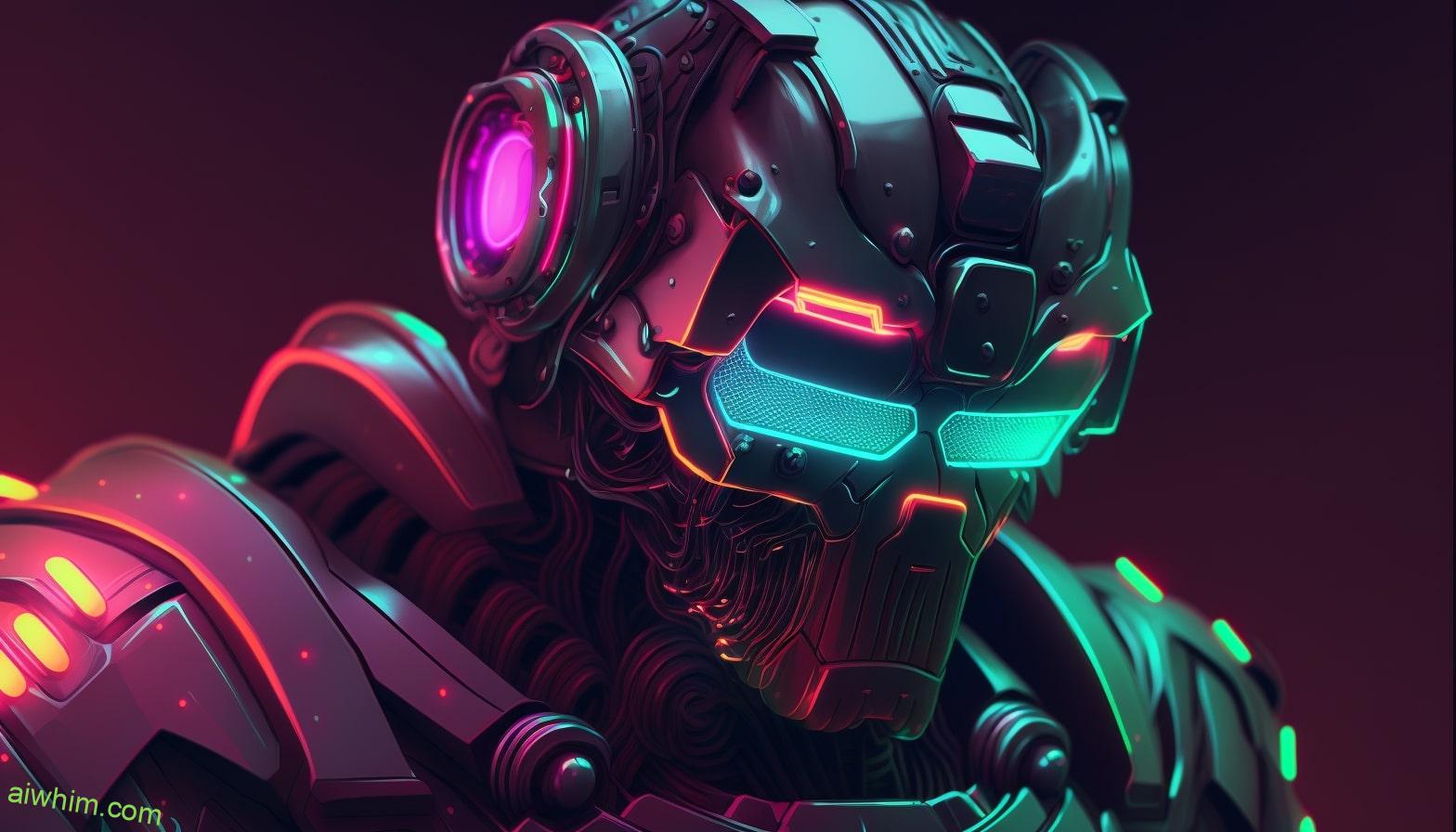
The Rise of AI in the Makeup Industry
AI is revolutionizing the makeup industry, making it easier than ever for professionals like you to create stunning looks. However, with this rise of AI in the makeup industry, there are some ethical concerns that need to be addressed.
One of the main concerns is the impact of AI on creativity. AI technology has the ability to generate makeup looks and even apply them virtually. This means that anyone with access to AI tools can create unique and personalized makeup looks without the need for a professional makeup artist. While this might seem convenient and liberating, it raises questions about the future of makeup artist employment.
As a makeup artist, you rely on your creativity and expertise to provide unique and tailored looks for your clients. AI’s ability to generate makeup looks may undermine the value of your skills and diminish the demand for your services. This could potentially lead to a decline in employment opportunities for makeup artists.
Moreover, there are ethical concerns surrounding the use of AI in the makeup industry. AI algorithms are trained on vast amounts of data, including images of diverse individuals. However, there’s a risk of bias and exclusion in the data used to train these algorithms, which could result in AI-generated makeup looks that aren’t inclusive or representative of all skin tones, ethnicities, and genders.
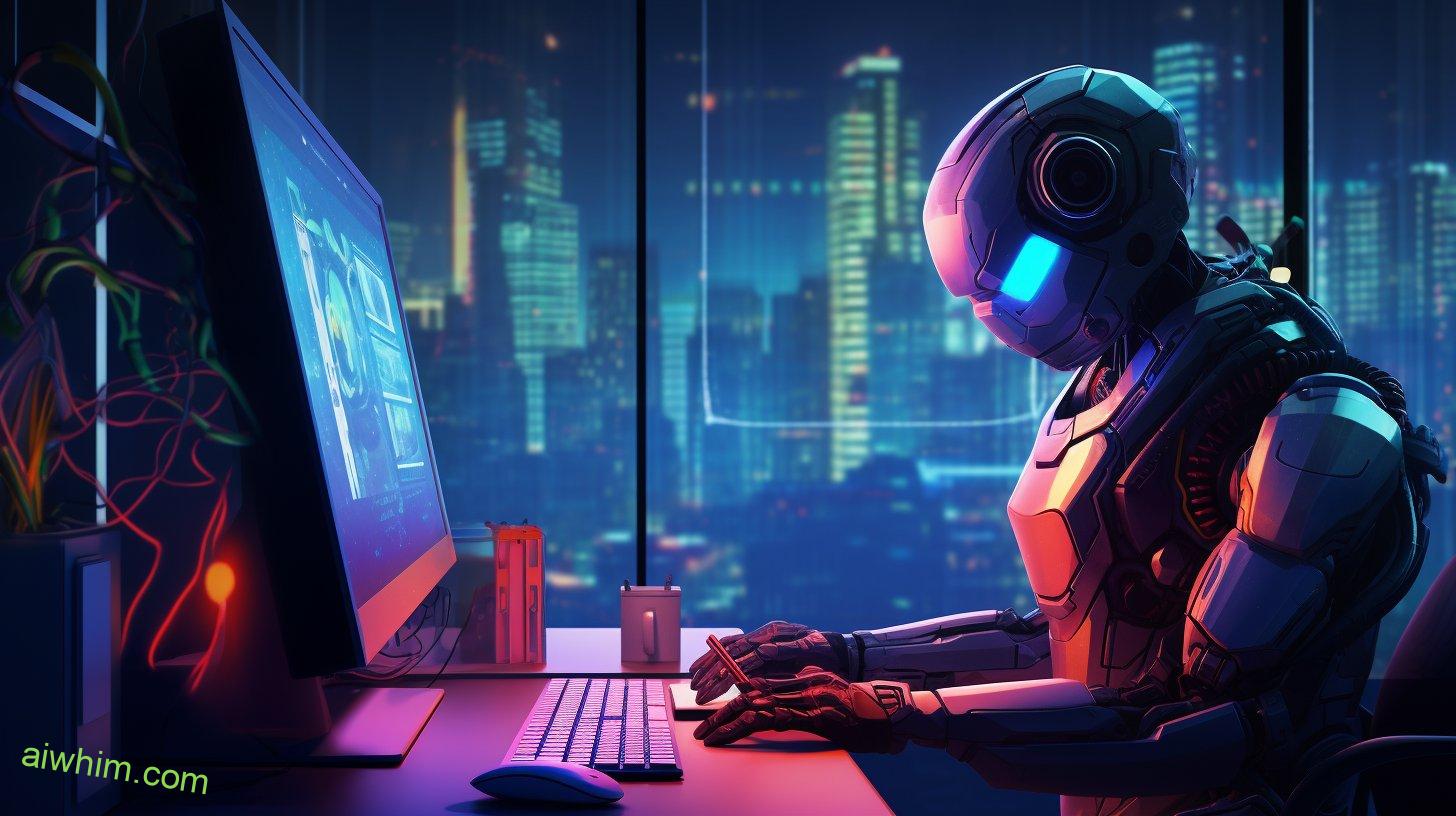
Automation of Makeup Application
The automation of makeup application is transforming the way cosmetics are applied, streamlining the process and offering new possibilities for efficiency and convenience. Imagine a world where you can effortlessly achieve a flawless makeup look without lifting a finger. Thanks to advancements in technology, robotic makeup arms are now being developed to apply makeup with precision and accuracy.
These robotic arms are equipped with AI-driven beauty recommendations, which analyze your facial features and suggest the best makeup products and techniques to enhance your natural beauty.
With the automation of makeup application, you no longer have to spend hours in front of the mirror perfecting your makeup. The robotic arms can perform complex makeup techniques, such as blending eyeshadow, applying foundation, and even creating intricate eyeliner designs, all with the utmost precision. This not only saves you time and effort, but also ensures a consistent and professional-looking result every time.
Furthermore, the integration of AI-driven beauty recommendations takes the automation of makeup application to the next level. These recommendations are based on vast amounts of data and analysis, including your skin type, facial features, and personal preferences. The AI algorithms can suggest the most suitable makeup products and colors for your skin tone, as well as provide step-by-step instructions on how to achieve the desired look. This personalized approach ensures that you can confidently experiment with different makeup styles, knowing that the AI recommendations will guide you towards the most flattering and on-trend options.
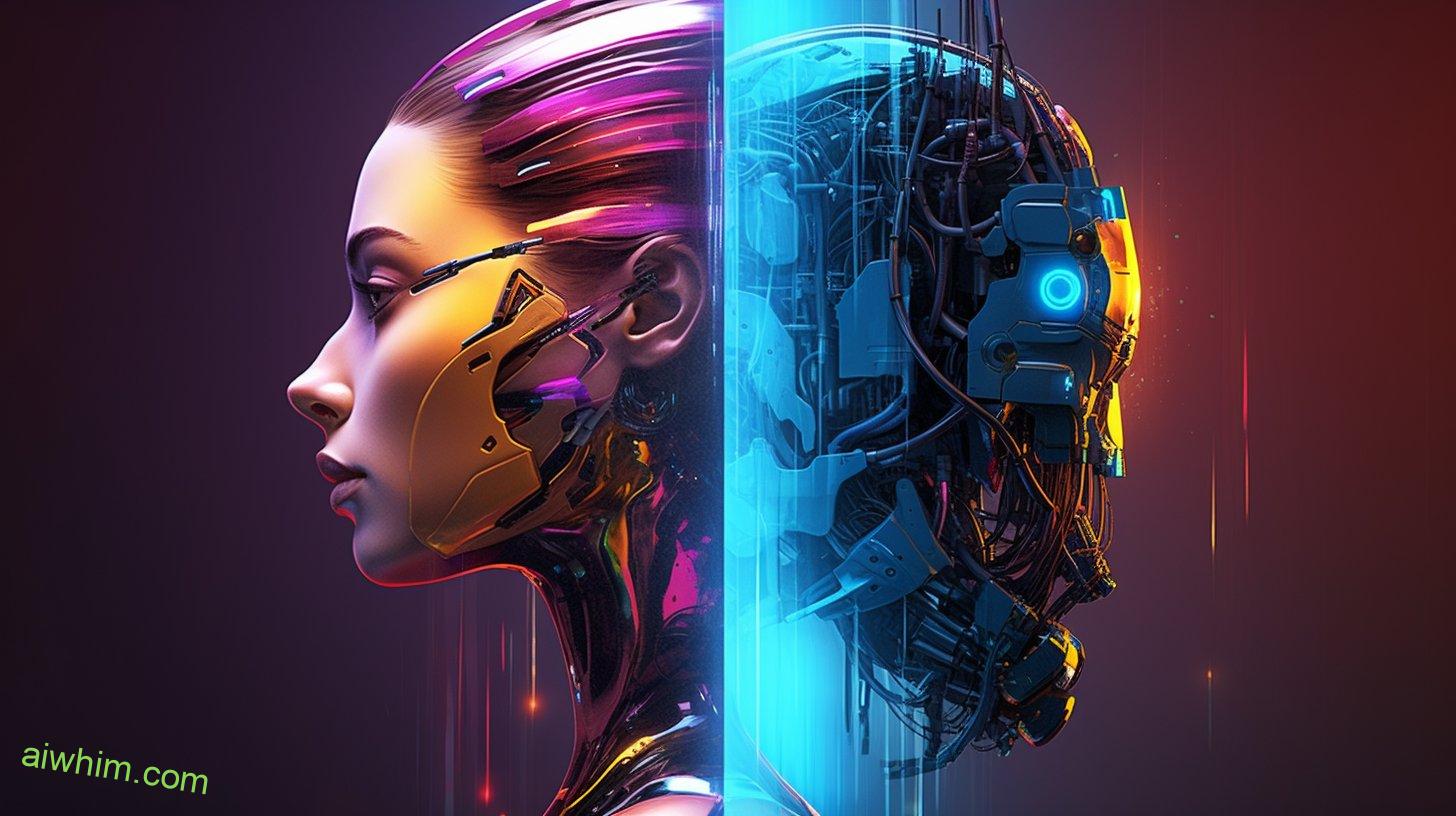
AI-Powered Virtual Makeup Try-Ons
Now, let’s explore the exciting world of trying on makeup virtually with the help of AI technology. With AI-powered virtual makeup try-ons, you have the freedom to experiment with different looks and styles without the need for physical products. Here are five things to know about this innovative technology:
- Real-time application: AI-powered virtual makeup try-ons allow you to see how different shades of lipstick, eyeshadow, and blush would look on your face in real time. You can instantly switch between colors and even adjust the intensity to find the perfect look.
- Variety of brands and products: This technology gives you access to a wide range of cosmetic brands and products. You can try on products from popular brands like MAC, Maybelline, and NARS, as well as discover new and emerging brands.
- AI customization: The AI technology analyzes your facial features and skin tone to provide personalized recommendations. It can suggest the most suitable products for your complexion and even offer tips on application techniques.
- Social media integration: AI-powered virtual makeup try-ons can be integrated with social media platforms, allowing you to share your virtual makeup looks with your followers. This feature has had a significant impact on social media influencers, who can now showcase different makeup styles without actually applying the products.
- Ethical concerns: While AI-powered virtual makeup try-ons offer convenience and creativity, there are ethical concerns surrounding the technology. Some worry that it could lead to unrealistic beauty standards and promote excessive consumption of cosmetic products. Additionally, there are concerns about data privacy and the potential misuse of facial recognition technology.
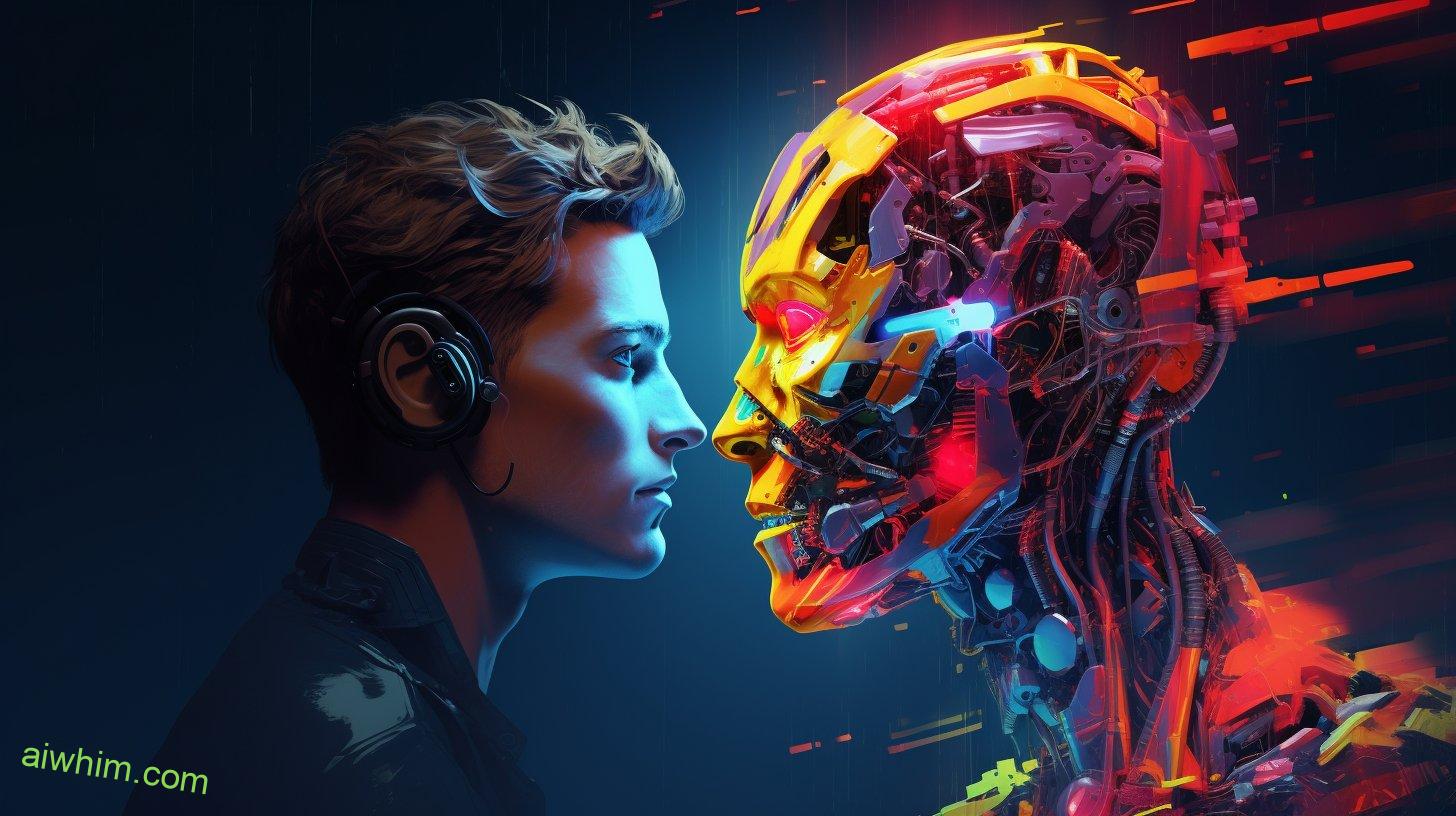
Changing Consumer Preferences and AI Technology
With the rapid advancement of AI technology, consumer preferences in the makeup industry have undergone significant changes. This shift in preferences is driven by two key factors: the ethical concerns surrounding AI in the makeup industry and the impact of AI on beauty standards and inclusivity.
One of the major ethical concerns surrounding AI in the makeup industry is the potential for perpetuating unrealistic beauty standards. AI-powered technologies often rely on algorithms that are trained on existing data, which is often biased towards a narrow definition of beauty. This can lead to the exclusion of diverse beauty standards and the reinforcement of harmful stereotypes. Consumers, now more aware than ever of these issues, are demanding greater inclusivity and representation in the makeup products and services they choose.
AI technology has also had a profound impact on beauty standards and inclusivity. Virtual makeup try-on tools, for example, allow consumers to experiment with different looks and styles without the need for physical products. This empowers individuals to express themselves freely, explore their creativity, and break free from societal expectations. Additionally, AI algorithms can analyze an individual’s skin tone, facial features, and preferences to recommend personalized makeup products that suit their unique needs.

Potential Job Displacement for Makeup Artists
Makeup artists may face potential job displacement due to the increasing adoption of AI technology in the beauty industry. As the job market evolves and embraces technological advancements, it’s important to consider how this may impact the makeup artistry profession. Here are five factors to consider:
- Automated beauty apps: AI-powered beauty apps offer virtual makeup try-on experiences, allowing users to experiment with different looks without the need for a makeup artist.
- Virtual makeup consultations: AI technology enables virtual consultations, where users can receive personalized makeup recommendations based on their facial features and preferences, reducing the need for in-person consultations with makeup artists.
- AI-generated makeup tutorials: With the advancements in AI, virtual makeup tutorials are becoming more sophisticated, providing step-by-step guidance and personalized tips, potentially reducing the demand for makeup artists to teach and educate clients.
- Makeup recommendation algorithms: AI algorithms can analyze vast amounts of data and recommend makeup products based on individual preferences and skin types. This could potentially impact makeup artists who rely on selling their own recommended products.
- Robotic makeup application: The development of automated makeup robots could potentially replace the need for human makeup artists, as these robots can accurately apply makeup with precision and consistency.
While these technological advancements offer convenience and innovation, they also pose challenges for makeup artists in terms of job opportunities and competition. It’s crucial for makeup artists to embrace these changes, adapt their skills, and find ways to differentiate themselves in an increasingly automated beauty industry.
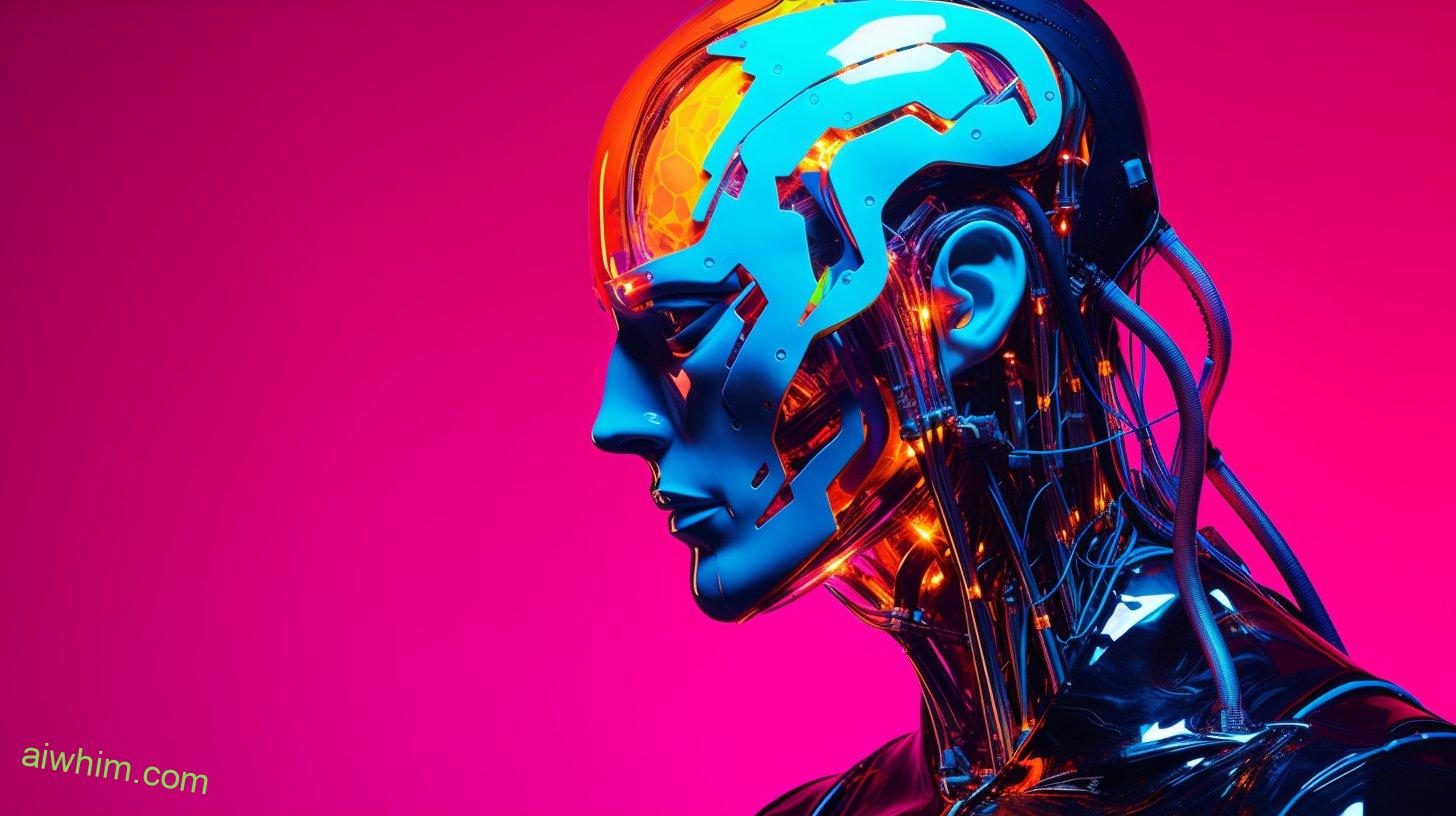
The Future of Makeup Artistry in an AI World
As AI technology continues to advance, the future of makeup artistry is being reshaped. With the rise of AI-powered makeup applications and virtual try-on tools, the role of makeup artists is evolving. However, this doesn’t mean that the demand for skilled makeup artists will disappear altogether. Instead, it opens up new opportunities for makeup artist training and creative collaborations.
In this AI-driven world, makeup artists can leverage technology to enhance their skills and expand their creativity. Virtual makeup applications can serve as a valuable training tool, allowing artists to experiment with different looks and techniques without the need for physical products. This not only saves time and resources but also provides a platform for artists to refine their skills and explore new styles.
Moreover, the integration of AI in the makeup industry creates opportunities for exciting collaborations between artists and technology. Makeup artists can work alongside AI algorithms to create innovative looks and push the boundaries of traditional makeup artistry. By combining their artistic vision with AI’s analytical capabilities, they can create unique and captivating makeup designs that captivate audiences.
Furthermore, AI can assist makeup artists in providing personalized and inclusive beauty solutions. By analyzing individual features and preferences, AI algorithms can recommend products and techniques that cater to diverse skin tones, facial structures, and personal styles. This not only ensures that clients receive tailored makeup recommendations but also promotes inclusivity and celebrates the diverse beauty of each individual.
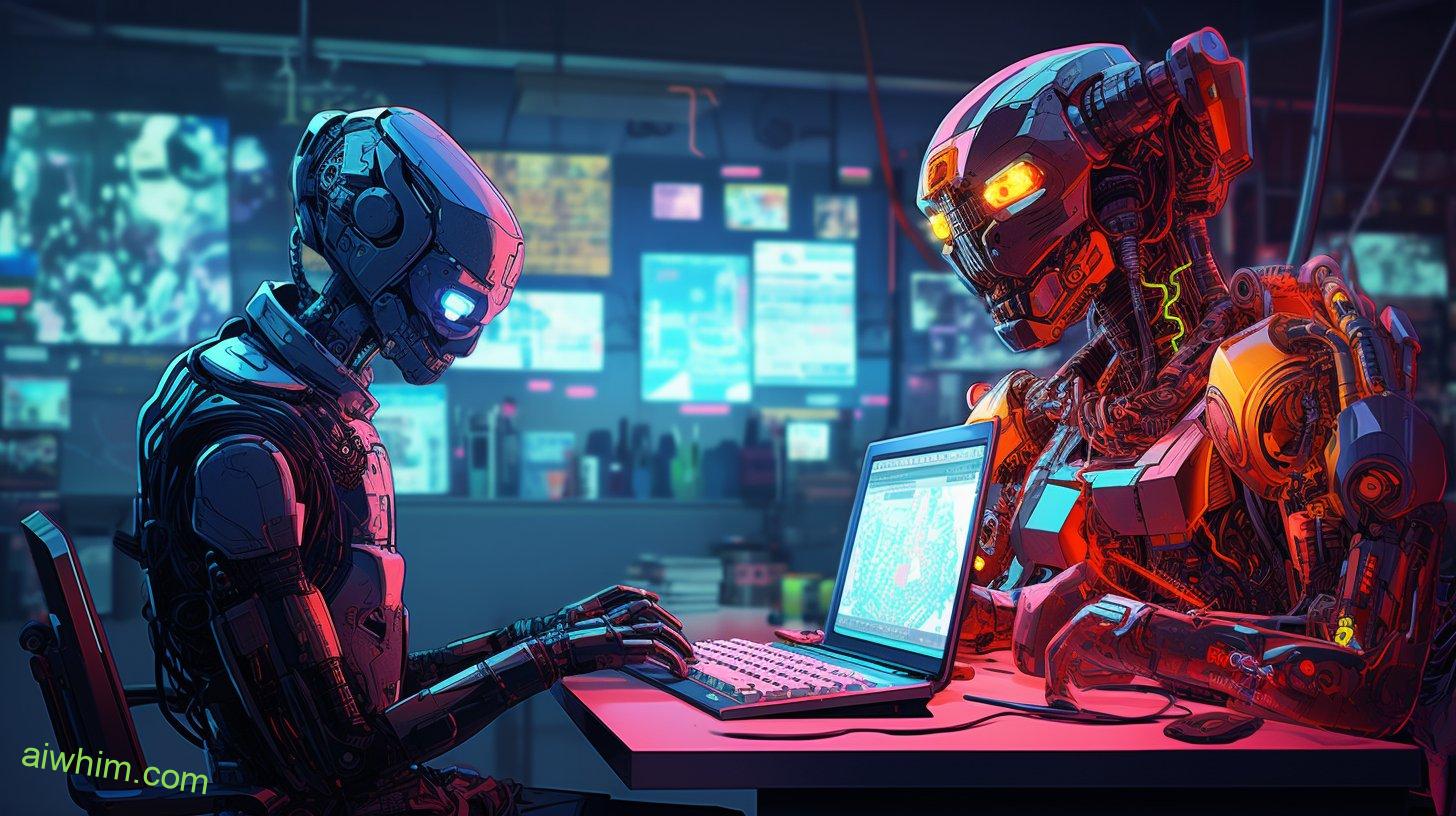
Frequently Asked Questions
How Does the Rise of AI in the Makeup Industry Affect the Creativity and Artistry of Makeup Artists?
The rise of AI in the makeup industry can impact the creativity and artistry of makeup artists by providing new tools and techniques. AI’s effect on makeup creativity allows artists to explore and experiment, enhancing their skills and pushing the boundaries of their art.
What Are the Potential Drawbacks or Limitations of the Automation of Makeup Application Through AI Technology?
The limitations of automation in makeup application through AI technology can potentially have an impact on employment opportunities for makeup artists. It is important to consider the drawbacks before fully embracing this technology.
Can AI-Powered Virtual Makeup Try-Ons Accurately Replicate the Real-Life Experience of Trying on Makeup Products?
AI can accurately replicate real-life makeup try-ons, providing a convenient and efficient way to test different looks. However, this technological advancement raises concerns about its impact on makeup artist employment, as it replaces the need for their services.
How Are Changing Consumer Preferences Influencing the Development and Implementation of AI Technology in the Makeup Industry?
Changing consumer preferences drive the development and implementation of AI technology in the makeup industry. AI helps meet demand for personalized experiences, virtual try-ons, and product recommendations. It empowers freedom by providing innovative solutions.
Is There a Possibility of Job Displacement for Makeup Artists Due to the Increasing Use of AI Technology in the Makeup Industry?
You might be concerned about job security due to technological advancements in the makeup industry. However, it’s important to consider that AI can also create new opportunities and enhance your skills as a makeup artist.
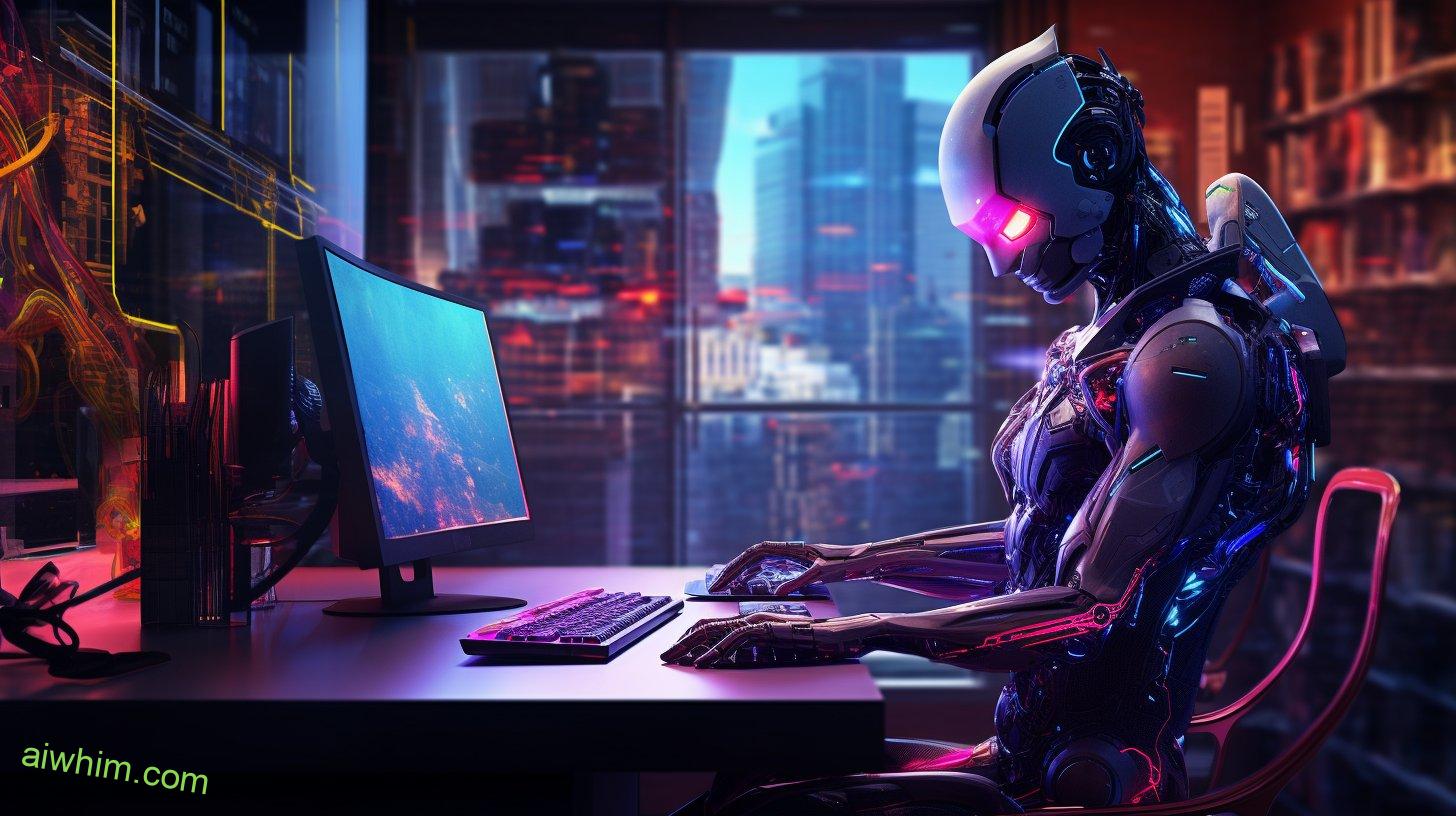
Conclusion
In conclusion, the rise of AI in the makeup industry has undoubtedly revolutionized the way consumers experience and interact with cosmetics.
However, it’s important to consider the potential impact on makeup artists. According to a recent study, it’s estimated that AI technology could potentially displace up to 35% of makeup artist jobs in the next decade.
This statistic is alarming, highlighting the need for artists to adapt their skills and embrace the opportunities that AI can bring.


